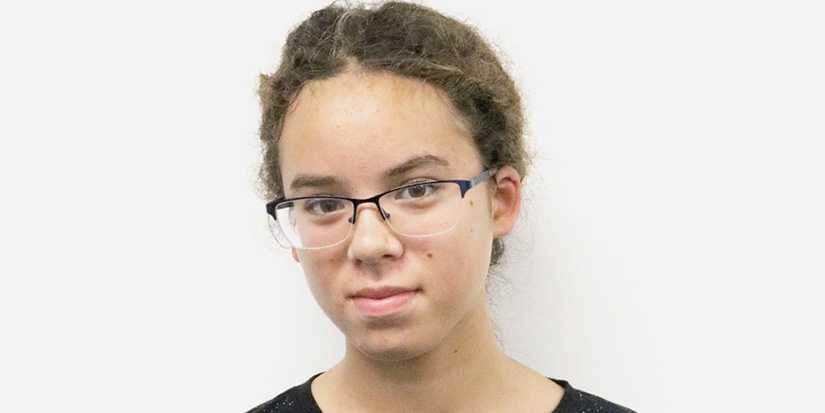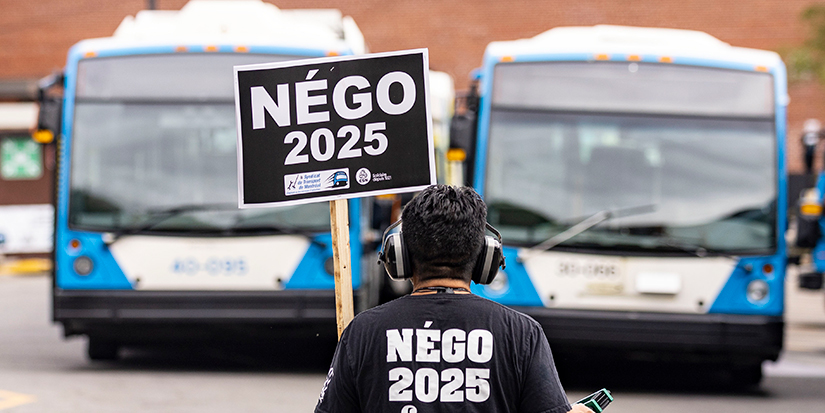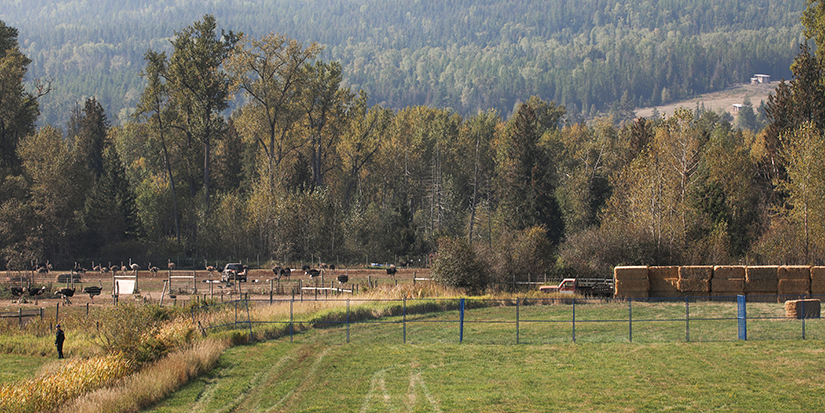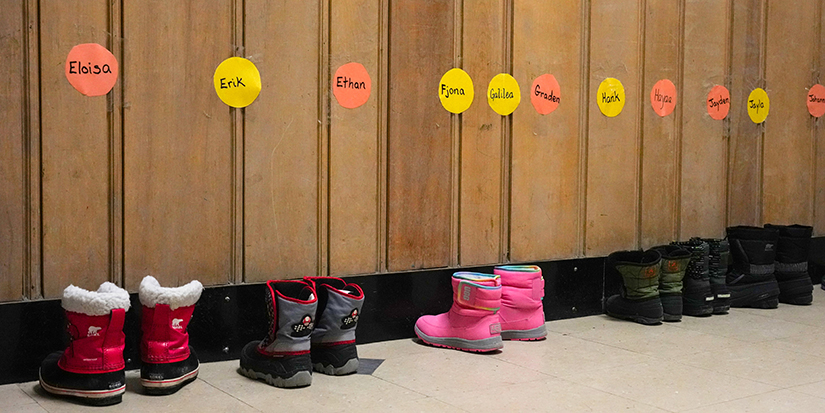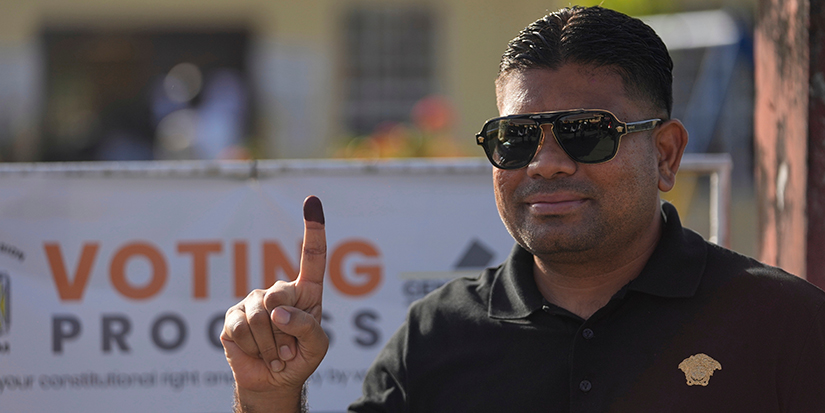Latest News
University after homeschooling: what to know
Published 10:38 PDT, Wed October 28, 2020
Last Updated: 2:13 PDT, Wed May 12, 2021
—
Kristen Hogeterp is a 15-year-old homeschooled student. This is part four of a series of education stories.
Homeschooled students have to think ahead when it comes to a potential university education.
How will the student manage to get into university without a diploma? How will they get a job? How will they survive in the ‘real world’?
Home educators think about this a lot, which is why many home learners in their senior years (Grades 10 to 12) begin planning at roughly the same time as their high-schooled counterparts.
“[It is important] that our son be of upstanding character, a leader and a person who will give back to society,” says Richmond parent and home educator Debbie Jiang when asked about the future for her son. “We … feel it is important that he have his Grade 12 diploma.”
Some students choose to switch over to Distributed Learning (DL) during these years in order to get a diploma and make university application a lot easier.
“Our plan is for our kids to continue along the DL tract and finish with the Dogwood diploma,” says Jeanette Dyck, another local parent who homeschools. “We are trying to guide them to pursue interests that would support career goals, but without shutting out other possibilities.”
Thompson Rivers University is currently the only university in BC that accepts homeschoolers without a diploma. However, many universities are starting to incorporate open-learning concepts into their programs. Examples of these include Open UBC and Kwantlen Polytechnic University’s OER (Open Educational Resources) program.
Instead of presenting a diploma as proof of education, students wishing to apply for an open school must complete and pass the entrance exam, which stands in as proof of education level.
If a homeschooled student would like to apply for a school that requires a diploma, they can take one year of courses at an open university before transferring. In this case they would be considered a transferring student as opposed to a high school graduate, and acceptance would be based on university rather than high school marks.
The student could also take a standardized test such as the ACT or SAT, if the school being applied for is compatible, as a substitute for a diploma. These tests are designed to show that students have the knowledge typically required to gain a diploma even though they do not have one.
